Nourish2Flourish
Since 2007, Knowledge Without Borders™ has worked with the Madre Admirable School in the El Agustino district of Lima, Peru to provide protein to the neediest students – a program called Two Eggs a Week. Through the fundraising efforts, the Two Eggs a Week dream has become a reality with funding for eggs and a kitchen worker to prepare and serve the eggs at the school cafeteria.
We wanted to continue our work in Peru and have partnered with Edgewood College, a small liberal arts college in Madison, Wisconsin. Edgewood’s global programs, including health services, primary education and sustainable leadership connect its schools of business, nursing and education to university and medical networks in Peru, building global and local partnerships based on shared ownership. After a yearlong study and a preliminary visit to Peru, we created a new  program, Nourish2Flourish, in Peru’s second largest city, Arequipa, located in southwestern Peru with a population approaching 1 million. Peruvians leaving their Andean mountain villages in search of a better life, particularly single mothers with young children, have settled in Alto Cayma, an area on the outskirts of Arequipa. The area is overcrowded and lacks permanent housing with water and sewage, which threaten the environment and ecology of the area.
program, Nourish2Flourish, in Peru’s second largest city, Arequipa, located in southwestern Peru with a population approaching 1 million. Peruvians leaving their Andean mountain villages in search of a better life, particularly single mothers with young children, have settled in Alto Cayma, an area on the outskirts of Arequipa. The area is overcrowded and lacks permanent housing with water and sewage, which threaten the environment and ecology of the area.
Because our systemic approach requires local community partners, we connected with Father Alex Busuttil, a Maltese priest, whose mission is to build a sustainable community in Alto Cayma in partnership with local leaders and community members. We liked his holistic approach to sustainability through inclusion, planning, and collaboration. “Some priests refuse to do this work on principle, saying ‘we’re priests not social workers,’” says Father Alex. “But I can’t separate it; if it doesn’t reach out it doesn’t make sense.”
In 2012, Nourish2Flourish sent its first interdisciplinary team of professors and students to Alto Cayma. They met with community members and identified needed small-scale projects, including an urban farming pilot project where children will use existing rooftop areas to grow their own vegetables. This type of project provides nutritious food to the children by engaging the teachers and students themselves to locally produce food while applying what they learn in science to real life needs.
In 2014, we established a Knowledge Without Borders™ Nourish2Flourish Scholarship to support first generation Edgewood students studying Spanish, nursing and business who want to contribute to ongoing Alto Cayma projects. Many of these first generation college students have never had the opportunity to travel outside the United States. They will have the opportunity to meet Peruvian community members and learn first-hand about their needs and aspirations. Imagine the possibilities for making the connections to spark creative entrepreneurial or philanthropic endeavors when people of two cultures can listen to each other, applying what they learn together to solve problems of poverty.
For a snapshot of our work in Alto Cayma:
For some background information read, Successful Summer 2012 Pilot Project in Alta Cayma Section of Arequipa
The Nourish to Flourish team from Edgewood College recently finished a summer pilot program in Arequipa, Peru that focused on environmental and energy sustainability. An interdisciplinary team of faculty members and undergraduate and graduate students from the Madison, Wisconsin institution worked with local Peruvian partners at two sites of Arequipa’s Alto Cayma settlement communities. Alto Cayma has a population of more than 30,000. Most of the people in this area are very poor, having moved down from remote Andes mountain villages to try to make a better life for themselves and their families. The Edgewood team collaborated in two pilot projects, solidified local partnerships, and gathered information for future activities.
At the first site, Virgen de Chapi Escuela, students, a faculty biologist and a local botany expert explored environmental sustainability in a school setting. Collaborating with the principal of the school and selected teachers, the Peruvian-American team worked on a hands-on science project with 120 students in kindergarten through the sixth grade to improve the school environment by planting approximately 41 one-year-old trees around the school. Alto Cayma and Arequipa in general, with a deficit of 75,000 trees, badly need reforestation.
The Peruvian botanist-partner chose and purchased, with Nourish to Flourishfunds, three appropriate tree species: huaranguay (Tecoma stans), molle (Schinus molle), and mioporo (Myoporum laetum) (the first two being species native to Peru and the latter native to New Zealand). Working with the Edgewood professor of biology, the botanist also purchased and planted six mountain papaya plants,papaya Arequipeña (Carica pubescens). Each student in the third through sixth grades was assigned a tree to “nourish to flourish” and received a tree adoption certificate. The children labeled each plant with their names and the name of the tree species and supported cultivation with individual contributions of guinea pig manure and water they brought from home.
The students became so interested in the idea of growing trees at school that they wanted to plant additional trees around their homes. To address the student interest, the team set up a small tree nursery (un vivero) on the school grounds, with 64 trees (14 left over and 50 other trees – 10 of acacia stems and 40 of acacia seeds), placing a protective awning over the nursery. Near the nursery the team formed and then planted a small experimental vegetable garden (un huerto), using principles of dry land gardening. Working with the children, they planted bean, radish, oat and purple corn seeds in depressions or troughs (rather than raised beds more commonly used). They devised a system to water the plants with minimal water loss through topsoil evaporation by burying a clay pot and several plastic water bottles with small holes in them. The student-scientists then put a wire fence around the garden and nursery. To maintain these new sources of nature and nutrition, the principal requested assistance to build a dry land water irrigation system.
Simultaneously, Chapi first graders were participating in an Alto Cayma municipal project to plant beans (habas). Peruvian workers in the Gardens and Parks Department noticed the innovative Edgewood-inspired dry land planting approach and invited the Peruvian-American Nourish to Flourish team to be the featured guests at a grassroots ecology organizational meeting sponsored by the municipality. The Peruvian-American scientists and students explained the importance of planting trees adaptable to soil with low nutrients that will also absorb contaminants, as well as effective irrigation systems. This knowledge sharing led to investigating the possibility of future collaboration in an ecology program of the municipality, which includes a program for 50 school gardens (biohuertos escolares).
The second site was the new and old settlement community of Alta Cayma. Our partner, Father Alex Busuttil, who was trained in the streets of Calcutta by the late Mother Theresa, works in the settlements as the leader of the Alto Cayma Mission (a satellite of Blessed Theresa of Calcutta Parish.) Father Alex, originally from the island of Malta, has been in Peru since 1994. Though the Mission provides many needed services, only about 10 percent of the people’s needs are being met because Alto Cayma programs are dependent on the financial support and resources of other organizations and individuals.
Father Alex provided the Nourish to Flourish Edgewood team with a list of priorities determined by community members, including vegetable gardens, water purification and reforestation projects, and the development of self-sustaining microenterprises.
He wants to replicate and scale services that work, and Father Alex is very interested in projects related to wind, solar (solar ovens and solar power in general), small-scale agriculture and access to purified water. The team focused on the need for water purification and distribution. The Andes have lost 80 percent of their glacial ice in the last 20 years. The region currently has no shortage of mountain water but there is little technology and infrastructure for storage and delivery.
Poor people spend a big percentage of their income on water. Clean water is important – for drinking and to wash hands. Most of the Alto Cayma settlements have holding tanks and trucks deliver clean water, but the water is tainted by the time people use it at home. Though most areas have water spigots (piletas públicas) on set days for a few hours controlled by directors (dirigentes) for roughly 20 cents for a bucket of water, price and accessibility vary in the settlement communities. Some allow people as much water as they want; others limit access to water. Only a few people currently have any water filtration, most commonly a concoction of two plastic buckets (valdes) and tubes, which cost 60 soles (approx. US$23) or more. There are also sewers (desagues) with wells (pozos) being built in some areas of the new settlement. An archipelago of dependable sewer systems would help eliminate stomach illnesses. A potential micro-enterprise could be supporting the purchase and distribution of filtered water, exploring the possibilities of using bio-sand filters and other cost-effective methods for providing safe drinking water.
The 2012 Nourish to Flourish Edgewood summer pilot projects were successful. Team members acquired first-hand knowledge of the area, implemented small-scale reforestation and nutritious gardening projects with identified partners, and continued to build and solidify partnership relationships with key Peruvian groups already working in the area. Water filtration, gardening, and solar energy (oven) projects all have strong potential. Effective strategic planning focused work on two key sites in Alto Cayma, matching Peruvian needs with the Nourish to Flourish mission.

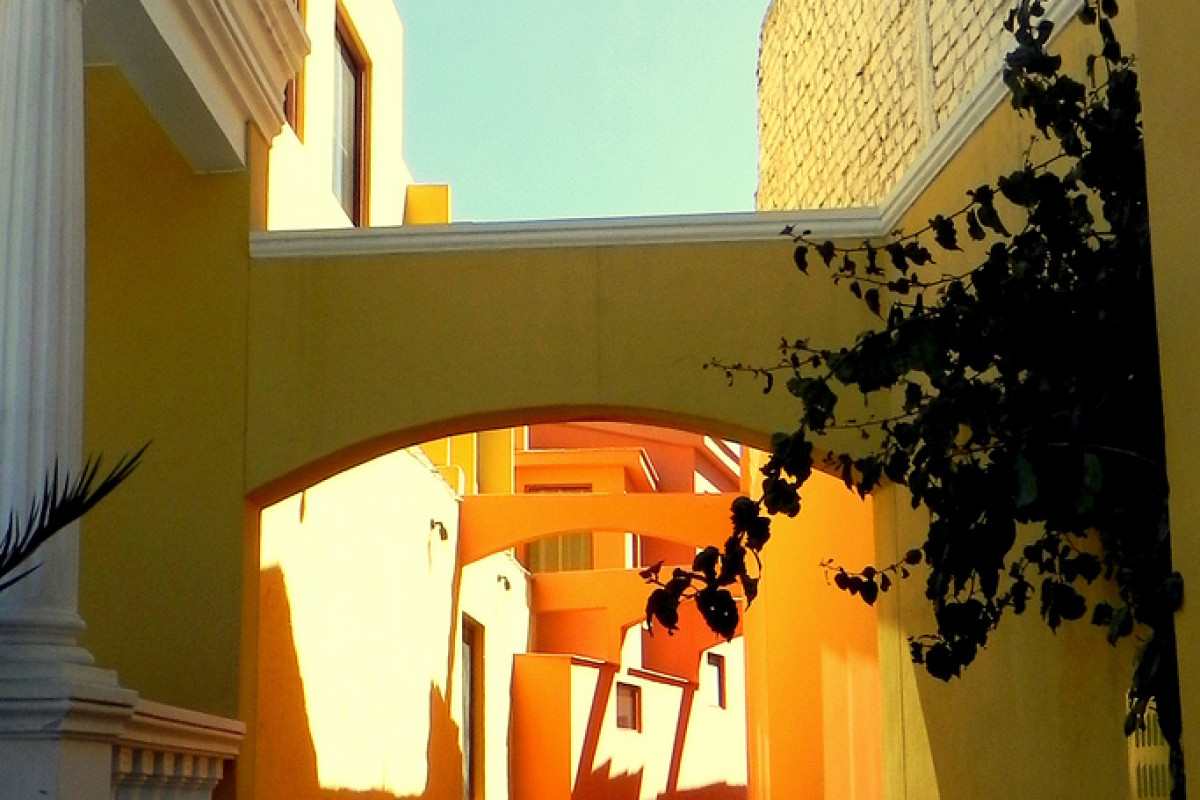
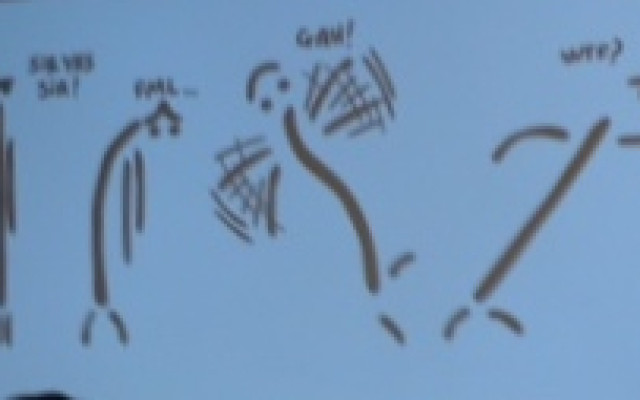

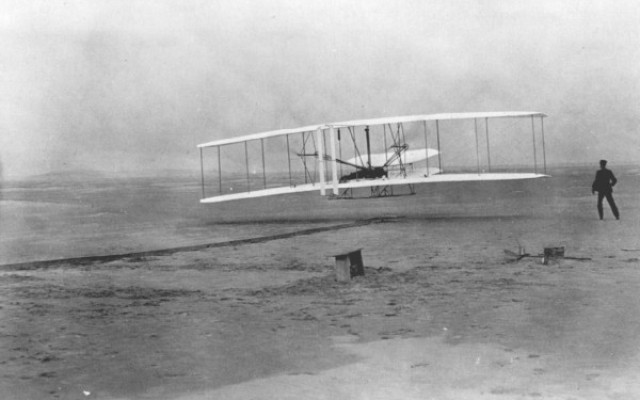
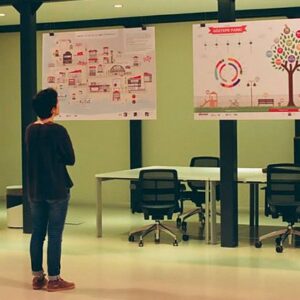

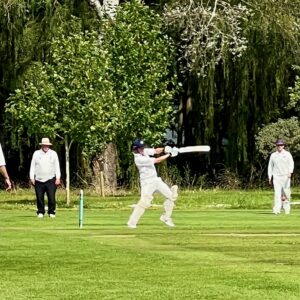



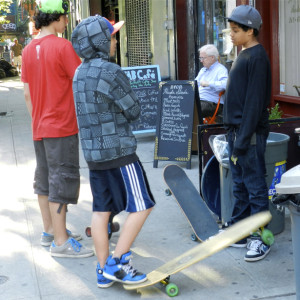
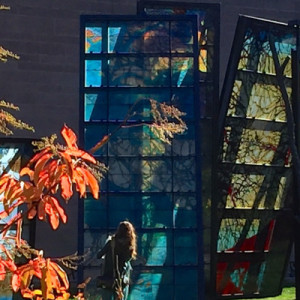
No Comments Yet!
You can be first to comment this post!